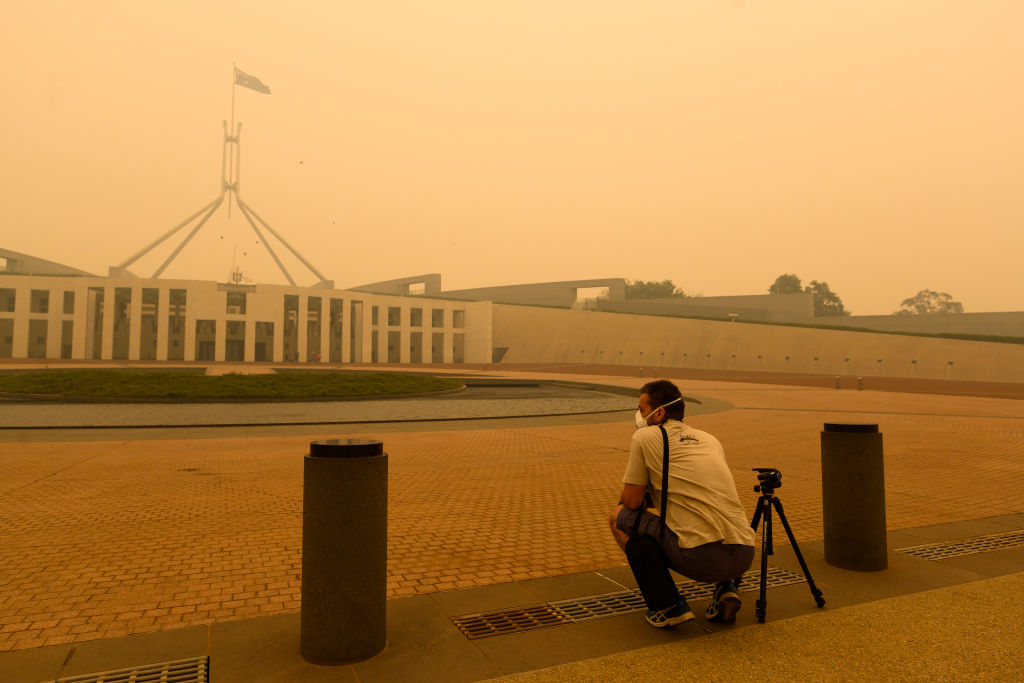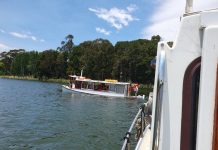Major cities recently choked on thick clouds of hazardous smoke, prompting the Australian National University to release new factsheets on how best to protect yourself from bushfire smoke.

The factsheets have been developed by leading air quality and health expert, Professor Sotiris Vardoulakis from the ANU Research School of Population Health.
“The existing public health advice on bushfire smoke is mainly tailored to brief air pollution episodes, typically lasting no longer than one or two days,” Professor Vardoulakis said.
“But this is not normal, and we need to urgently do more. People need to be able to access the best information out there simply and quickly.”
The ANU factsheets provide the advice and practical tips urgently needed by people exposed to bushfire smoke in their daily lives for short and longer periods.
The information is designed to enable the public to make clear and informed decisions for dealing with our current and potential future hazy summers.
The factsheets include information for those more vulnerable to the smoke, as well as for healthy individuals, and address topics such as being active, facemasks, mental health and medication plans.
Access the factsheets at rsph.anu.edu.au/news-events/news/how-protect-yourself-and-others-bushfire-smoke
State of Alert amended
The State of Alert for the ACT has been amended to rural and remote areas of the ACT only, and will no longer apply to urban and residential areas.
ACT Emergency Services Minister Mick Gentlemen made the announcement on Monday 20 January after taking into consideration recent improvements in weather conditions in the region, including recent rainfall and progress in containing fires burning close to the ACT border.
Minister Gentlemen said residents in rural and remote locations including Tharwa and Uriarra Village need to “remain alert and prepared for the threat of bushfire crossing our borders”. Community meetings are expected to be organised for these communities in the coming days, according to the Emergency Services Agency (ESA).
“We have not taken the decision to amend the declaration lightly and have acted on the expert advice of ESA Commissioner Georgeina Whelan based on current conditions and our readiness to respond to fire risk near our border,” Mr Gentlemen said.








